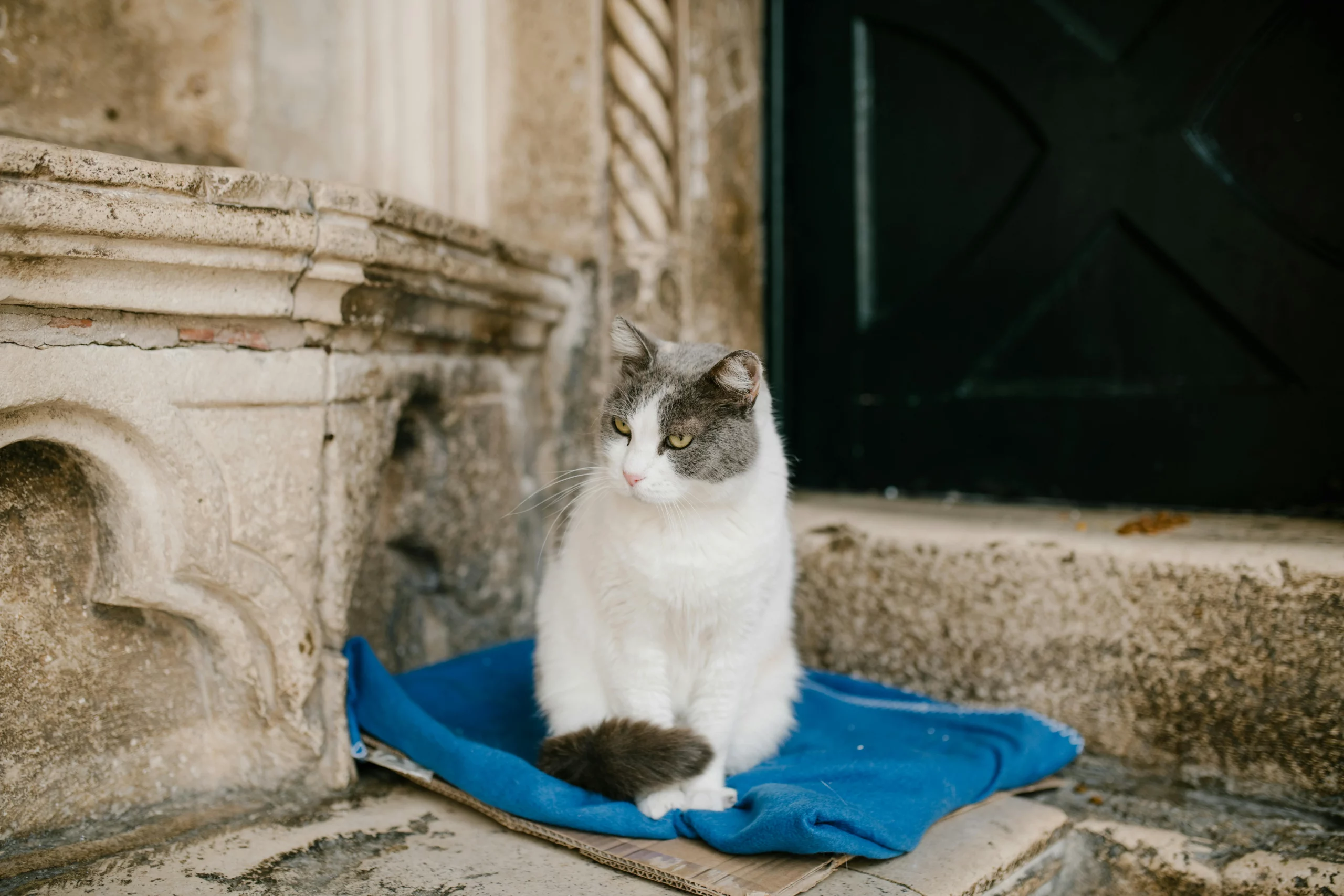Spoiling Your Senior: A Guide to Caring for Older Cats
Contents
Our feline companions bring endless joy and love into our lives. As they age, their needs change, and it’s our responsibility to adapt our care to ensure their continued comfort and well-being. This guide delves into the essential aspects of caring for an older cat, from providing a safe and supportive environment to addressing its evolving health needs.
Recognizing the Signs of Aging in Cats
Just like humans, cats experience physical and behavioral changes as they get older. While the typical lifespan of a domestic cat can vary depending on breed and genetics, some general signs indicate your cat might be entering their senior years:
- Reduced Activity Level: Older cats may become less interested in vigorous play and prefer napping or quiet activities.
- Changes in Appetite: Some senior cats might experience decreased appetite due to reduced sense of smell or taste, while others might become overweight due to lower activity levels.
- Increased Sleep: Senior cats naturally need more sleep than younger ones. However, excessive sleeping could also indicate underlying health issues.
- Litter Box Problems: Difficulty entering or exiting the litter box, increased urination outside the box, or straining during elimination can all be signs of urinary tract issues or other health problems.
- Changes in Appearance: Dull fur, cloudy eyes, or weight loss can be indicators of various health concerns in older cats.
Creating a Supportive Environment for Your Senior Cat
By adapting your cat’s environment, you can promote their comfort and well-being as they age:
- Provide Easy Access: Elevate food and water bowls to minimize strain on their joints. Install ramps or steps to help them reach perches and resting places.
- Cozy Comfort: Offer soft and comfortable bedding in multiple locations, including elevated beds and heated mats for warmth.
- Litter Box Matters: Use large, low-entry litter boxes filled with clumping litter that’s easy to dig in. Consider adding an extra litter box if your cat has mobility issues.
- Minimize Stress: Maintain a consistent routine and avoid introducing new pets or major changes in their environment. Provide hiding spots where they can feel secure.
- Mental Stimulation: Interactive toys that don’t require excessive movement and puzzle feeders can keep their minds engaged without straining their bodies.
Nutritional Care for Older Cats
A balanced diet plays a crucial role in maintaining your senior cat’s health. Here are some key considerations:
- Dietary Needs: Consult your veterinarian to discuss the best diet for your senior cat. They may require food formulated for older cats, which are often higher in protein and essential nutrients to support their changing needs.
- Appetite Management: If your senior cat has a reduced appetite, consider offering smaller, more frequent meals or warming up their food to enhance its aroma.
- Dental Care: Regular dental checkups and cleaning are crucial for older cats. Dental issues can be painful and affect their overall health.
Veterinary Care for Older Cats
Regular veterinary checkups are even more important for senior cats. These visits allow for early detection of potential health issues and prompt treatment, improving your cat’s quality of life.
- Schedule Checkups: Discuss a recommended frequency for checkups with your veterinarian, typically every 6 months for senior cats.
- Senior Bloodwork: Blood tests can reveal underlying health problems like kidney disease, diabetes, or thyroid issues before they become severe.
- Addressing Specific Concerns: Senior cats are more susceptible to arthritis, urinary tract problems, and cognitive decline. Discuss any behavioral changes or physical symptoms with your vet to ensure proper diagnosis and treatment.
Building a Bond with Your Older Cat
Even as your cat ages, their need for love and companionship remains strong. Here’s how to deepen your bond with your senior feline friend:
- Quality Time: Dedicate dedicated cuddle sessions and gentle petting to show your affection.
- Interactive Play: Adapt playtime to their energy levels. Use feather wands or other toys that encourage stalking and batting rather than strenuous activity.
- Calming Communication: Maintain a soothing and patient tone when interacting with your cat.
- Respecting Their Boundaries: Pay attention to your cat’s body language. If they seem withdrawn or uncomfortable, provide them with space.
By providing a supportive environment, addressing their evolving needs, and showering them with love, you can ensure your senior cat enjoys a comfortable and happy golden age. Remember, even the smallest adjustments can make a significant difference in their quality of life.
Bonus Tip: Consider pet insurance specifically designed for senior cats to help manage the potential rise in veterinary expenses associated with their age.
Remember: Every cat is an individual, and their needs may vary. Consulting your veterinarian for personalized advice on caring for your specific senior cat is vital. With dedication and a little extra care, you can create a loving and comfortable environment for
For more cat related info checkout our main page https://petsynse.com/
